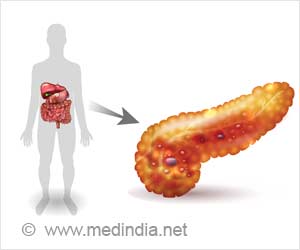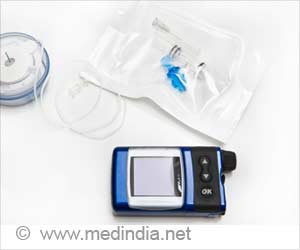PTSD is an anxiety disorder that develops after exposure to combat or another extremely disturbing event.
PTSD is an anxiety disorder that develops after exposure to combat or another extremely disturbing event. According to a study it was found that Vietnam combat veterans with post-traumatic stress disorder (PTSD) when compared with their non-combat exposed, identical twins had minor neurologic deficits. It suggests that these deficits are not acquired by exposure to traumatic events but instead may predispose individuals to PTSD. The study was published in the journal of Archives of General Psychiatry.
It was found previously that certain brain structures were diminished among individuals with PTSD. Researchers said that this could be because of traumatic events experienced by these patients or due to PTSD. But other researchers feel that brain abnormalities may precede exposure to a traumatic event and increase the risk that a person who experiences such an event would develop PTSD. Tamara V. Gurvits, M.D., Ph.D., Veterans Affairs Medical Center, Manchester, N.H., and colleagues studied 49 male Vietnam veterans and their identical twins, who had not experienced combat. Of the 49 participants 25 of them had PTSD and 24 had never had PTSD. They were evaluated by a neurologist-psychiatrist, who rated their ability from a score of zero to three on each of 45 neurologic tests, such as copying drawings of figures.Higher score indicates the presence of a subtle neurologic finding associated with difficulties in behavior, coordination and learning. Veterans with PTSD had higher scores than veterans without PTSD, indicating the presence of more minor neurologic abnormalities. The non-combat exposed twins of the combat veterans who had developed PTSD also had significantly higher scores than the non-combat exposed twins of the combat veterans who did not have the disorder. The higher scores among PTSD suggested a dysfunction in their cerebral cortex. This type of dysfunction could either increase the risk of developing PTSD or increasing the likelihood of chronic cases.










